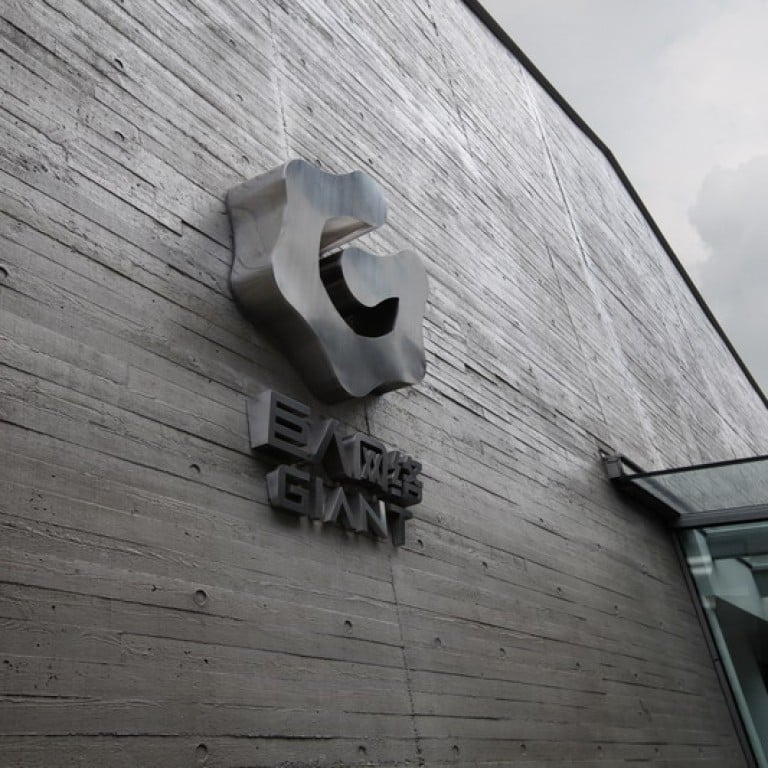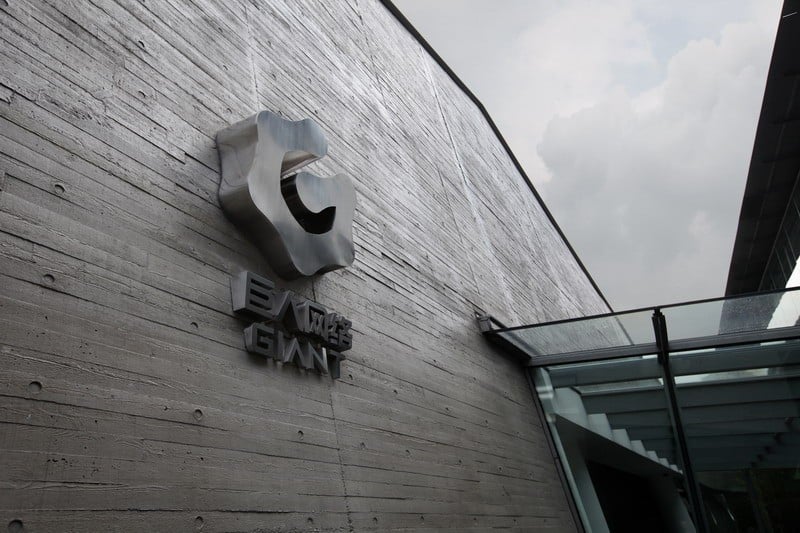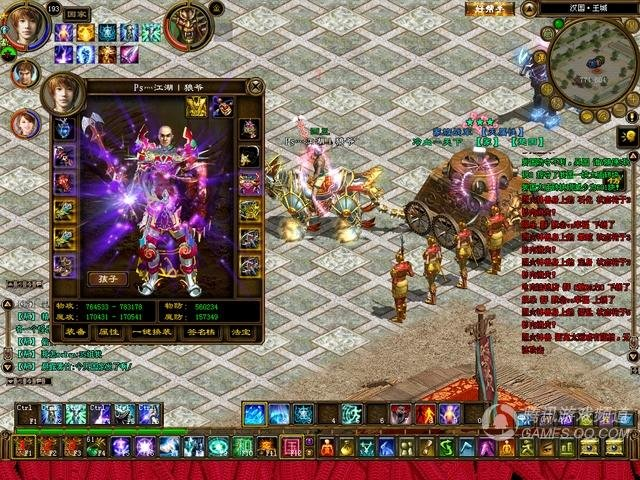
The company that gave us loot boxes has lost 77 percent of its value
Giant Network was once a bigger name in gaming than Tencent and NetEase, but its stock has tanked US$17 billion in three years
So what happened? A botched overseas expansion and increased gaming regulations are the biggest culprits, but Giant Network says it’s doing fine.

The deal was supposed to save Giant by helping push it outside the domestic Chinese market. As recently as August, Giant still claimed that the Playtika acquisition would be able to turn the company around. But the deal languished in regulatory hell for three years until it was finally killed.
As its share prices have fallen off a cliff, Giant has maintained that the failed acquisition won’t hurt the company. Some Chinese analysts quoted in Chinese media said Giant still has enough money to expand.
Meet NetEase, China’s second-largest game publisher
Giant did not respond to a request for comment.
After it was released in 2006, the MMORPG (massively multiplayer online role-playing game) became enormously popular and profitable.
Back then, MMORPGs were all the rage. Blizzard’s World of Warcraft was at the height of its popularity. ZT Online capitalised on that as a homegrown, wuxia-themed MMORPG, and it grew a massive following in China. And unlike World of Warcraft, ZT Online was completely free to play.

Loot boxes changed the game forever when it comes to free-to-play games. The mechanism has been widely criticised for mimicking gambling by allowing people to buy random items without knowing exactly what they’ll receive. But many popular online games ranging from Hearthstone to Apex Legends have adopted this free-to-play model because, despite the criticism, it remains highly lucrative … as long as you have enough people playing your games.
Though Giant seems undeterred, its long-term prospects are unclear. Its subsidiary TipsWorks managed to get on stage for Apple’s biggest event of the year, but Pascal’s Wager isn’t free to play. Players will be expected to buy the game if they want to play anything more than the first chapter.
This move might gain TipsWorks respectability among gamers, but it’s not how Tencent and NetEase have managed to become industry giants. But like Giant did with loot boxes 13 years ago, it might be trying to move beyond its current woes by forging a new path.
For more insights into China tech, sign up for our tech newsletters, subscribe to our Inside China Tech podcast, and download the comprehensive 2019 China Internet Report. Also roam China Tech City, an award-winning interactive digital map at our sister site Abacus.

